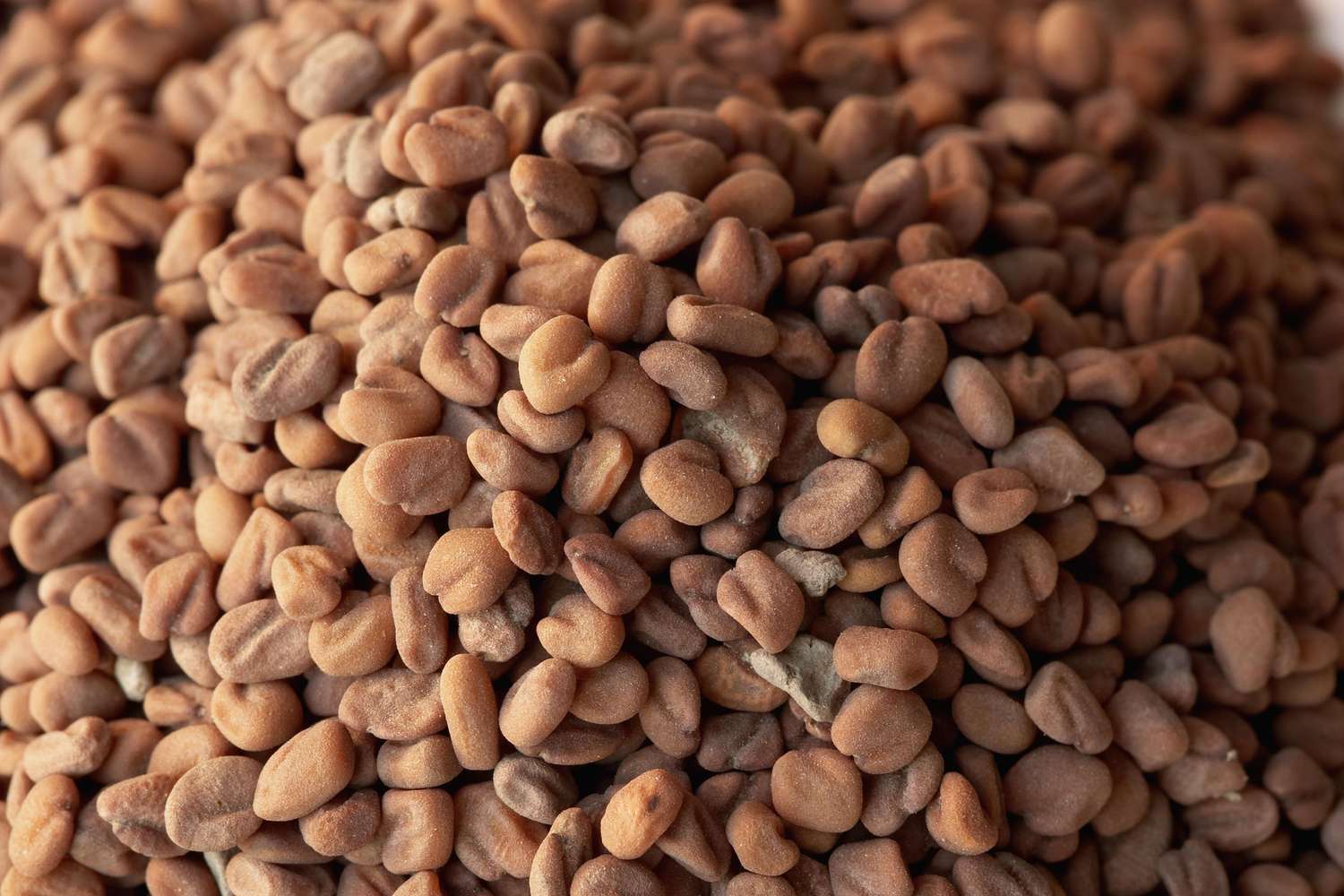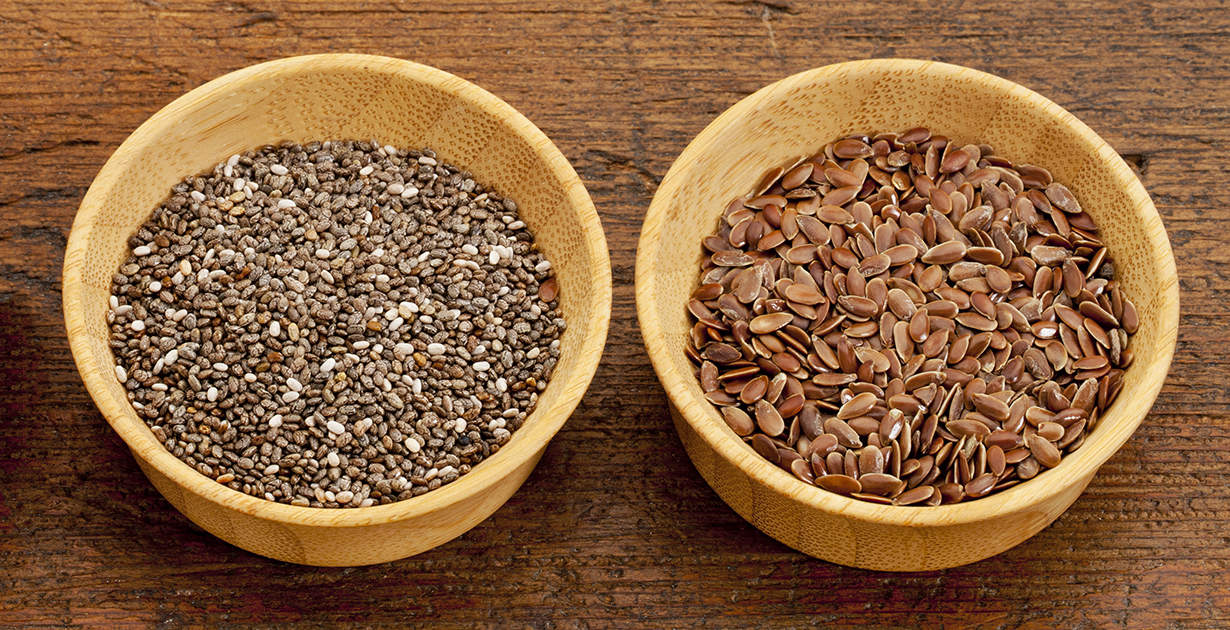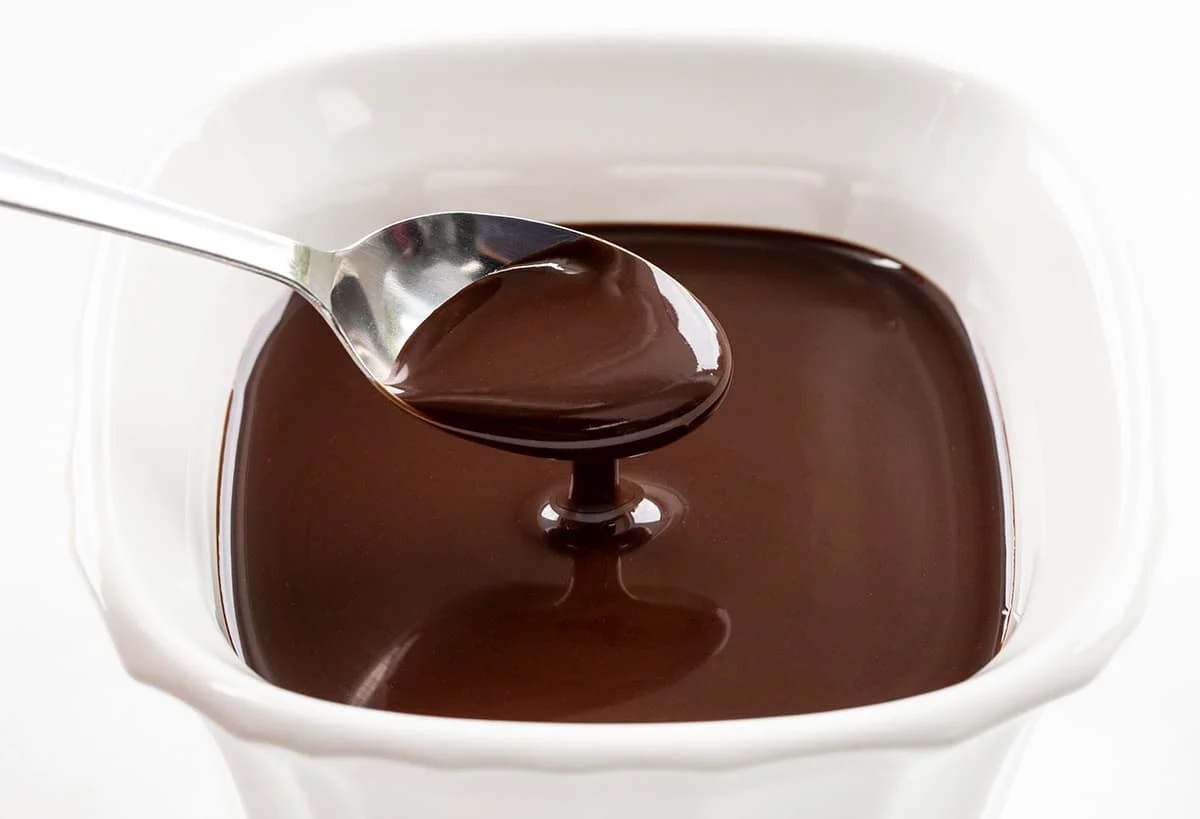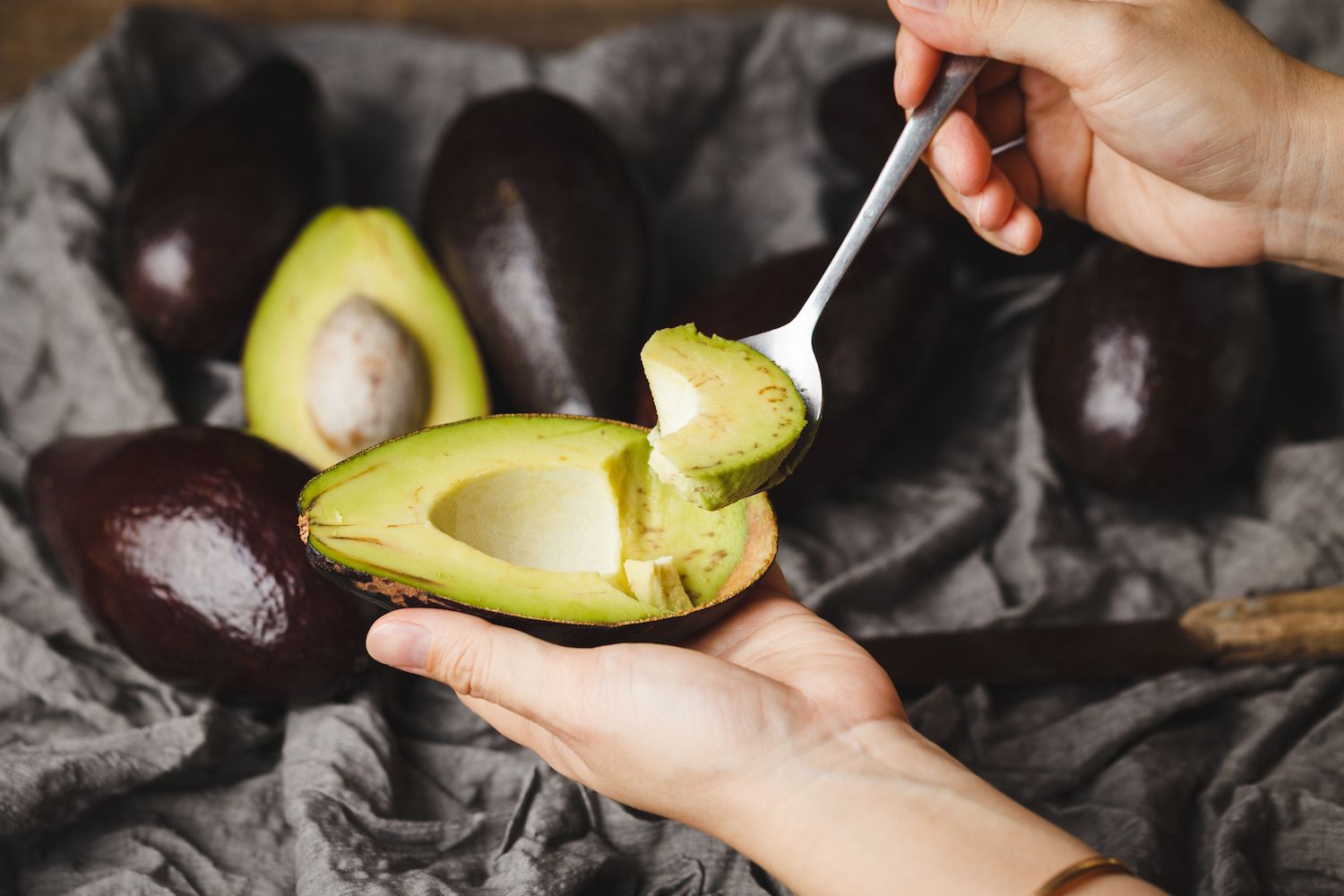Healthy Eating Tips for Med Students
As a medical student, maintaining a healthy diet is crucial for staying energized and focused during long study sessions and demanding clinical rotations. However, with a busy schedule and limited time, it can be challenging to prioritize nutrition. Here are some practical tips on how to eat well as a med student:
Plan and Prep Your Meals
Planning and preparing your meals in advance can save you time and ensure that you have access to nutritious food throughout the week. Consider setting aside a few hours on the weekend to cook and portion out meals for the upcoming days. This can help you avoid relying on unhealthy fast food options when you’re short on time.
Choose Nutrient-Dense Foods
When selecting foods, opt for nutrient-dense options that provide essential vitamins and minerals. Incorporate plenty of fruits, vegetables, whole grains, lean proteins, and healthy fats into your meals. These foods can help support your overall health and provide sustained energy to fuel your studies and clinical responsibilities.
Snack Smart
Snacking can be an important part of a med student’s day, especially during long lectures or study sessions. Instead of reaching for sugary or processed snacks, keep nutritious options on hand. Nuts, seeds, Greek yogurt, and fresh fruit are convenient and healthy choices that can keep you feeling satisfied between meals.
Stay Hydrated
Proper hydration is essential for maintaining focus and cognitive function. Keep a reusable water bottle with you and aim to drink plenty of water throughout the day. Hydration is key for overall well-being and can help prevent fatigue and brain fog during intense study sessions.
Balance Your Meals
Strive for balanced meals that include a mix of protein, fiber, and healthy fats. This combination can help stabilize your blood sugar levels and keep you feeling full and focused. Aim to include a variety of food groups in each meal to ensure that you’re getting a diverse array of nutrients.
Don’t Skip Breakfast
Breakfast is often referred to as the most important meal of the day, and for good reason. Starting your day with a nutritious breakfast can kickstart your metabolism and provide the energy you need to tackle your morning lectures or clinical duties. Consider options like oatmeal, eggs, or smoothies packed with fruits and vegetables.
Listen to Your Body
Pay attention to your body’s hunger and fullness cues. It’s important to fuel yourself adequately, especially during demanding periods of studying and clinical work. Eating regular, balanced meals and snacks can help prevent energy crashes and keep your mind sharp.
Seek Support
Consider connecting with fellow med students who are also interested in maintaining a healthy lifestyle. You can share meal prep ideas, healthy recipes, and provide each other with support and accountability. Additionally, seeking guidance from a registered dietitian or nutritionist can offer personalized recommendations to support your unique dietary needs.
By prioritizing nutrient-dense foods, staying hydrated, and planning your meals, you can fuel your body and mind for success as a med student. Remember that eating well is an essential component of overall wellness and can contribute to your success in medical school and beyond.











